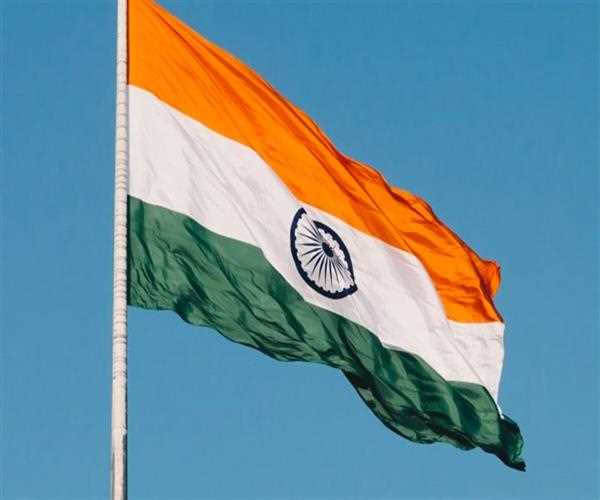The relationship between Nepal and India is characterized by a complex mix of historical, cultural, economic, and geopolitical factors. Nepal and India share a long and porous border spanning over 1,700 kilometers, and their interactions have been intertwined for centuries. The relationship has experienced both periods of close cooperation and occasional strains, reflecting the dynamics between two neighboring countries with distinct identities and interests.

Historically, Nepal and India have maintained close cultural and people-to-people ties. They share deep-rooted cultural, religious, and linguistic affinities, with Hinduism and Buddhism being the predominant religions in both countries. The open border allows for a significant flow of people, trade, and cultural exchange between the two nations, fostering a sense of interconnectedness and familiarity.
India has played a crucial role in Nepal's development, providing significant economic assistance and support. India has been Nepal's largest trading partner, and bilateral trade between the two countries has flourished over the years. Additionally, India has been instrumental in infrastructure development projects in Nepal, including road construction, hydropower projects, and educational institutions.
However, the relationship has also experienced periods of strain and occasional disagreements. These tensions have arisen due to various factors, including differing perspectives on geopolitical issues, border disputes, and perceived interference in internal affairs. The nature of the relationship has sometimes been characterized by a power imbalance, with India being the larger and more influential neighbour. This has occasionally led to concerns in Nepal regarding its sovereignty and independence.
In recent years, there have been some notable challenges in the Nepal-India relationship. The promulgation of Nepal's new constitution in 2015, which was seen by some sections of the Nepali population as an inadequate representation for marginalized groups, created tensions. This resulted in a temporary disruption in bilateral relations, including a blockade at the Indo-Nepal border, which had significant economic and humanitarian consequences for Nepal.
Despite these challenges, efforts have been made by both countries to strengthen the relationship. Regular high-level visits, dialogues, and diplomatic engagements have aimed at resolving outstanding issues and deepening cooperation. The signing of various agreements and memoranda of understanding in areas such as trade, transit, energy, and connectivity reflects the commitment of both countries to enhance bilateral ties.